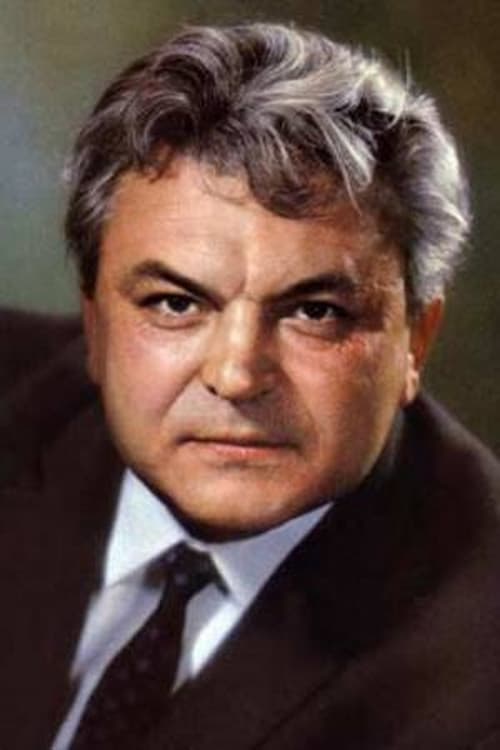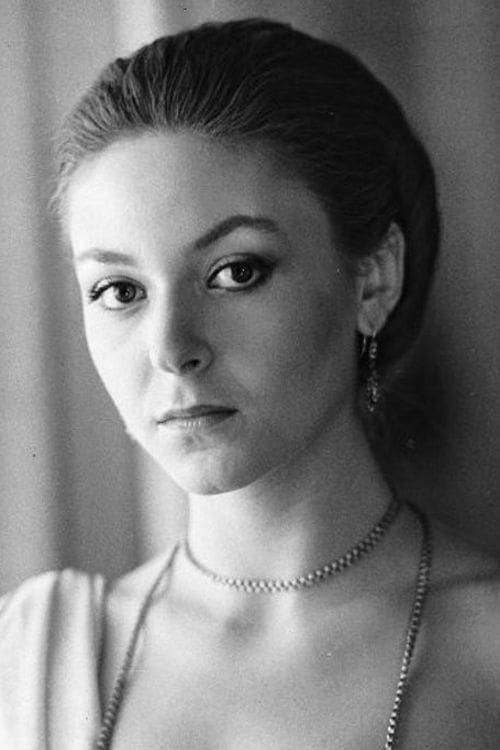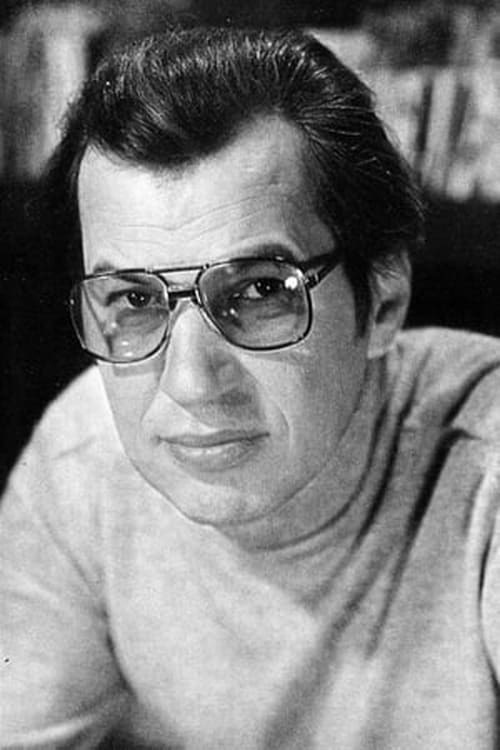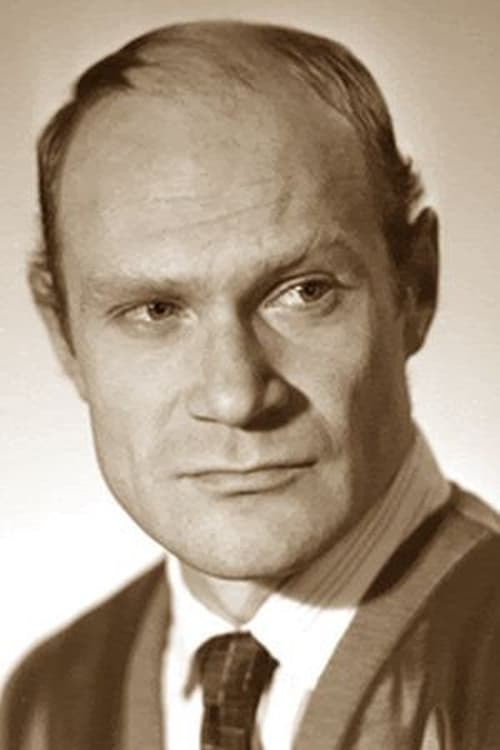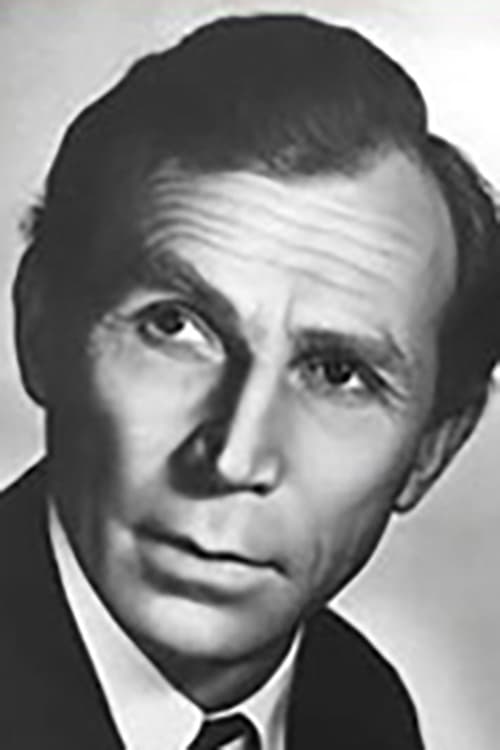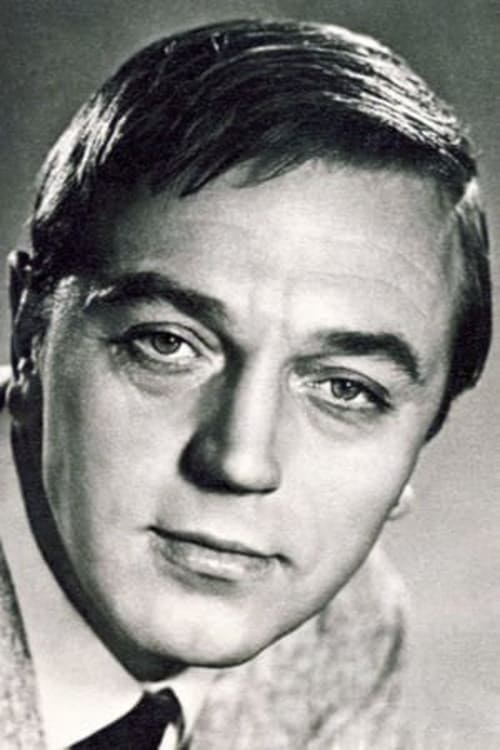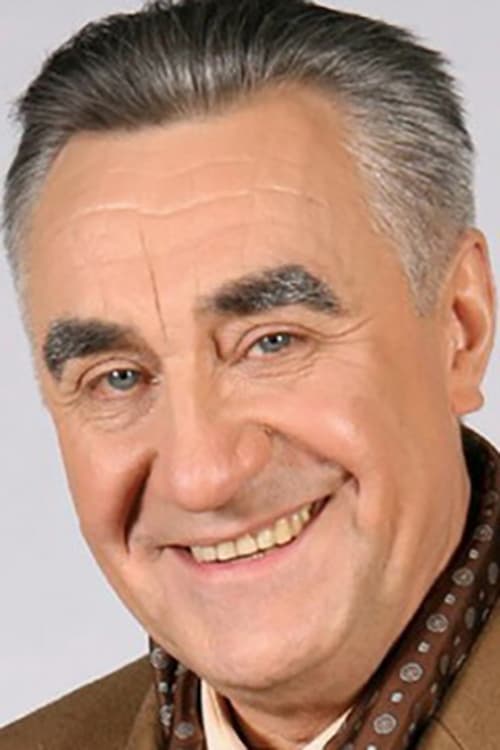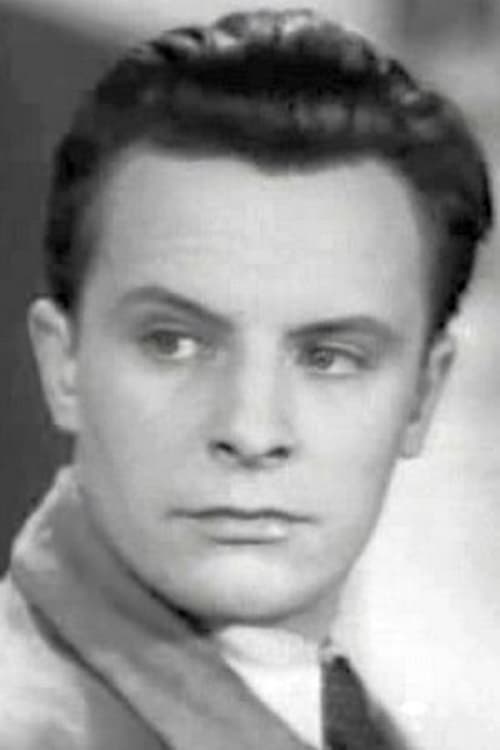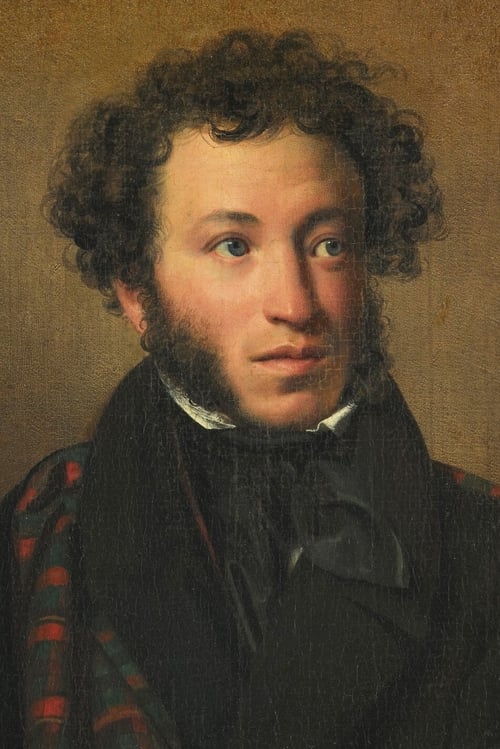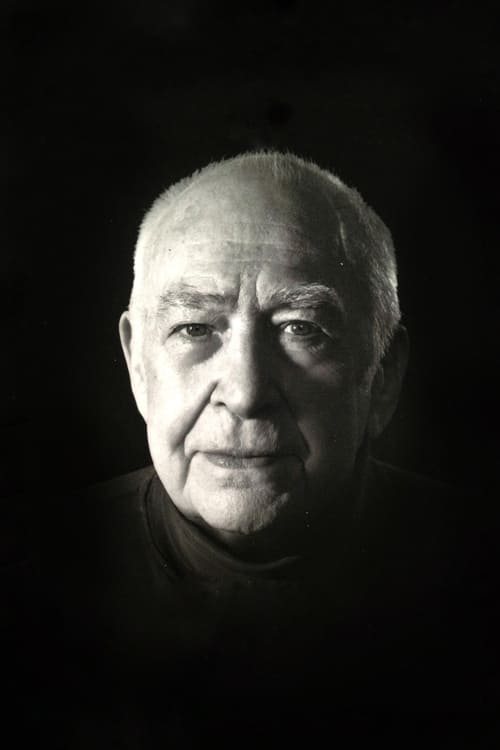Boris Godunov (1986)
Género : Historia, Drama
Tiempo de ejecución : 2H 10M
Director : Sergey Bondarchuk
Sinopsis
Praised for its fine photography and production design if not its narrative, Sergei Bondarchuk directed this adaptation of the tale by Alexander Pushkin. Boris Godunov came to the Czarist throne at the end of the 16th century, after the original heir to Ivan the Terrible had died. At first, things went well for Godunov (played by Bondarchuk), but when the Russian people began to believe he had killed Ivan the Terrible's son in order to gain the throne, an alliance sprang up against the new Czar. Events continued to spin out of control as a young monk was presented as the son Godunov had supposedly killed. Now he was openly accused of failing an assassination attempt, which seems to be even worse than succeeding. In addition to these woes, Boris Godunov began to suffer serious health problems. So much for the joys of kingship.
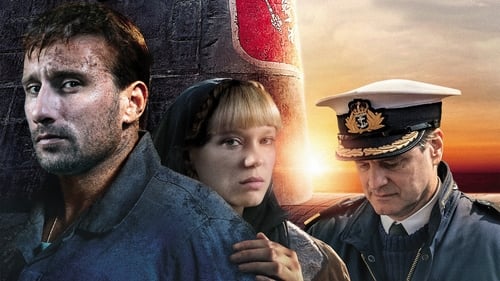
Narra la tragedia del submarino nuclear ruso 2000 K-141 Kursk ocurrida en agosto del año 2000, y la negligencia gubernamental que le siguió. Mientras los marineros luchan por sobrevivir, sus familias luchan desesperadamente contra los obstáculos políticos y las ínfimas probabilidades de salvarles.
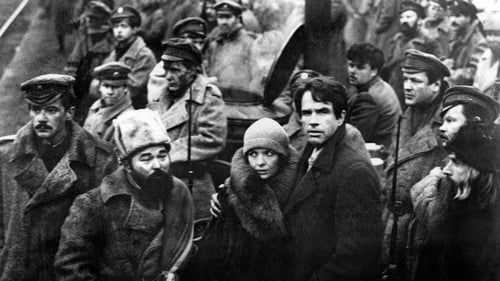
John Reed (1887-1920) es un legendario periodista y revolucionario americano, pionero del socialismo en Estados Unidos. Corresponsal en la revolución mexicana y la 1ª guerra mundial, es famoso por ser testigo directo de la Revolución de Octubre, que plasmó en su libro 'Diez días que estremecieron al mundo'. Convencido por aquellos acontecimientos, luchó por extender el bolchevismo en EEUU, y trabajó para la Komintern en la Rusia soviética. En 'Rojos', Warren Beatty escribe, produce, dirige y protagoniza un drama épico sobre su vida y la de su compañera —también escritora— Louise Bryant (Diane Keaton). Con su romance como excusa, la película es un maravilloso retrato de la América de 1912-19, desde la vida bohemia de los artistas del Greenwich Village de Nueva York, al incipiente sindicalismo revolucionario de la Industrial Workers of the World, el movimiento antibélico o la fundación del comunismo americano, salpicado de un toque documental con entrevistas a testigos de aquella era.
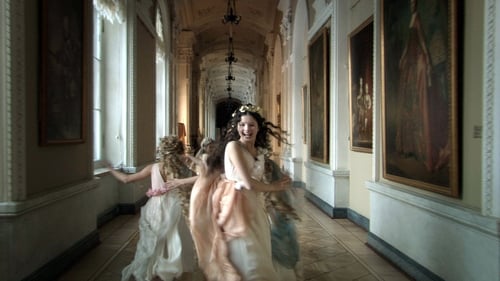
El Marqués de Coustine, un diplomático francés del siglo XVIII con una relación de amor/odio hacia Rusia se encuentra en un viaje en el tiempo en el Palacio de Invierno de San Petersburgo -desde los tiempos de Pedro el Grande hasta nuestros días. Con él, un invisible realizador ruso (en off), que está confuso sobre la posición de Rusia en Europa.
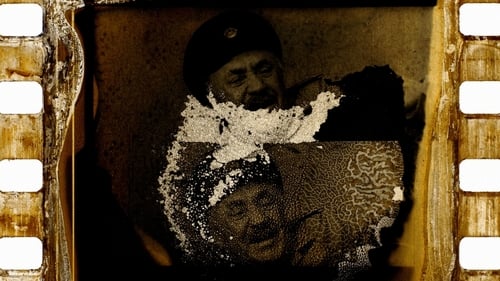
Atlantic Ocean, off the coast of Iceland, July 9, 2016. The surprising discovery of a canister —containing four reels of The Village Detective (Деревенский детектив), a 1969 Soviet film—, caught in the nets of an Icelandic trawler, is the first step in a fascinating journey through the artistic life of film and stage actor Mikhail Ivanovich Zharov (1899-1981), icon and star of an entire era of Russian cinema.

Documento que muestra como sucedieron los acontecimientos y el porqué del desastre nuclear de Chernobyl.
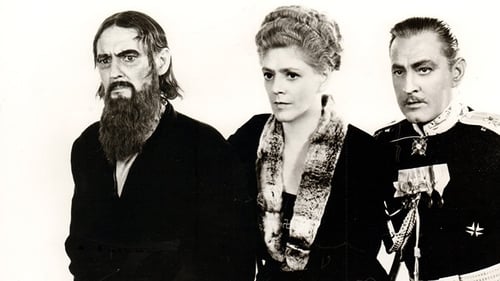
El joven hijo del Zar Nicolás II es querido por los suyos y por el pueblo. Ahora bien, está aquejado de hemofilia. El sacerdote Rasputin, quien le salva de una grave herida ante la sorpresa de los impotentes médicos, se ganará la confianza de la Zarina.

Documental que narra la situación de la central nuclear de "Chernobyl" y de los planes de construir un nuevo muro de contención para la misma.
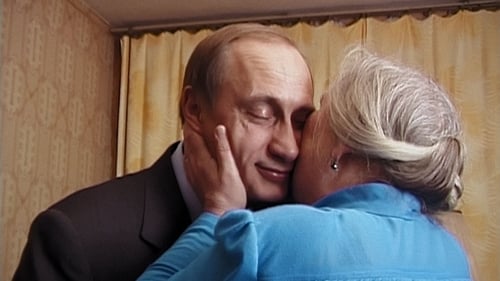
Federación de Rusia, 31 de diciembre de 1999. Tras la inesperada dimisión del presidente Boris Yeltsin, el primer ministro Vladimir Putin se convierte en presidente interino del país. Desde ese día y durante un año, la cámara de Vitaly Mansky documentó el ascenso al poder de Putin. La historia de un testigo privilegiado. La dura explicación de por qué la política es el arte de la posibilidad de lograr lo mejor con el apoyo de muchos, pero también de dar lo peor a cambio.

Russia, 1917. After the abdication of Czar Nicholas II Romanov, the struggle for power confronts allies, enemies, factions and ideas; a ruthless battle between democracy and authoritarianism that will end with the takeover of the government by Vladimir Lenin and the Bolsheviks.

Tells the story of five people from the last generation of Soviet children who were brought up behind the Iron Curtain. Just coming of age when the USSR collapsed, they witnessed the world of their childhood crumble and change beyond recognition. Through the lives of these former schoolmates, this intimate film reveals how they have adjusted to their post-Soviet reality in today's Moscow.
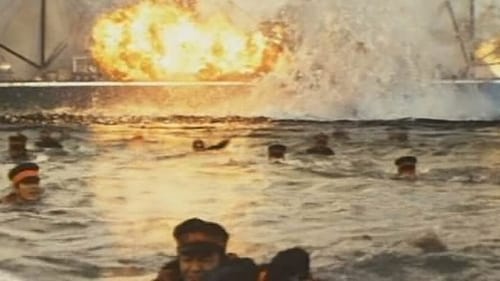
Japón y Rusia chocan en lo que se conoció como la Guerra Ruso Japonesa. Un intento de flota y el ejército japonés para tomar el puerto de Arthur falla, y una flota rusa surca en el mar de Japón. El almirante Heihachiro Togo envía su flota a combatir a los rusos, con resultados que merman a las 2 naciones. Mientras tanto, el mayor Genjiro Akashi negocia secretamente con los revolucionarios bolcheviques, negociaciones que tienen repercusiones mas allá del conflicto en sí.
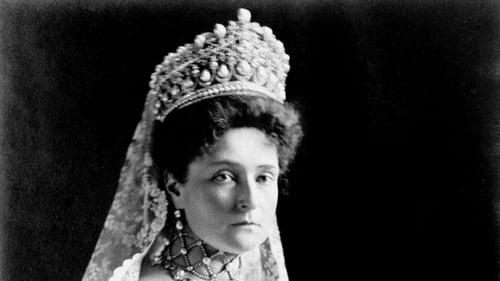
San Petersburgo, Rusia, 30 de diciembre de 1916. Grigori Rasputín es asesinado. La historia del humilde campesino que se convirtió en el consejero más influyente de la zarina Alexandra Feodorovna, esposa del último zar, Nicolás II Romanov.
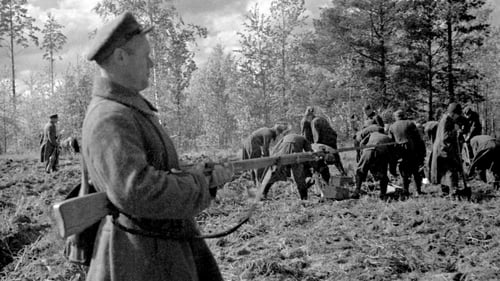
The Katyn massacre, carried out by the Soviet NKVD in 1940, was only one of many unspeakable crimes committed by Stalin's ruthless executioners over three decades. The mass murder of thousands of Polish officers was part of a relentless purge, the secrets and details of which have only recently been partially revealed.

Russian President Vladimir Putin was one of the first politicians to congratulate Donald Trump on his election as president of the United States in 2016, but over time the relationship between the two heads of state has had its ups and downs. Are they friends or enemies? Has their mutual admiration turned into mutual distrust?

Russian Dramedy
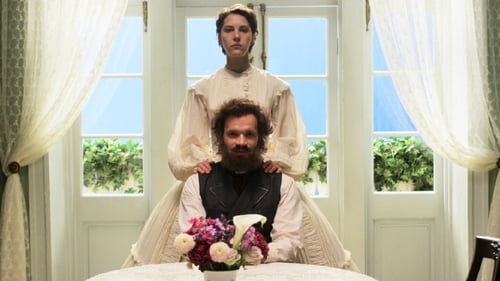
The shrill and tragic story about an event that involved Count Lev Nikolaevich Tolstoy. In an infantry regiment of the military based in the Tula region an offence occurs. In this regiment, the capital’s lieutenant Grigory Kolokoltsev — inspired by progressive ideas — does his service. A military tribunal and execution await the soldier charged with the offence. Kolokoltsev asks Count Tolstoy for help — and he decides to protect the innocent man. The pointed history about the complexity of choice and fidelity to one’s ideals is based on real events.

Praised for its fine photography and production design if not its narrative, Sergei Bondarchuk directed this adaptation of the tale by Alexander Pushkin. Boris Godunov came to the Czarist throne at the end of the 16th century, after the original heir to Ivan the Terrible had died. At first, things went well for Godunov (played by Bondarchuk), but when the Russian people began to believe he had killed Ivan the Terrible's son in order to gain the throne, an alliance sprang up against the new Czar. Events continued to spin out of control as a young monk was presented as the son Godunov had supposedly killed. Now he was openly accused of failing an assassination attempt, which seems to be even worse than succeeding. In addition to these woes, Boris Godunov began to suffer serious health problems. So much for the joys of kingship.

The end of the Cold War did not bring about a definitive thaw in the former republics of the Soviet Union, so that today there are several frozen conflicts, unresolved for decades, in that vast territory. As in Transnistria, an unrecognized state, seceded from Moldova since 1990. Kolja is a silent witness of how borders and bureaucracy shape the lives of citizens, finally forced to lose their identity.

Vladímir Ilich Uliánov, más conocido como Lenin, es recordado como el instigador de la Revolución de Octubre de 1917 y, por lo tanto, como uno de los hombres que cambió la forma del mundo en ese momento y para siempre, pero tal vez los hechos reales ocurrieron de una manera diferente a la que se narra en los libros de historia…

Ekaterimburgo, Rusia, 17 de julio de 1917. El zar Nicolás II Romanov y su familia son brutalmente asesinados por los bolcheviques. Este trágico acontecimiento pone fin a la larga dinastía que había gobernado el país con mano de hierro desde la coronación de Miguel I Romanov en 1613.

